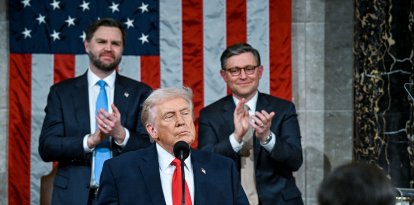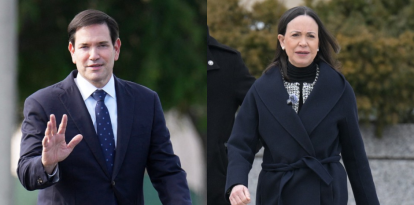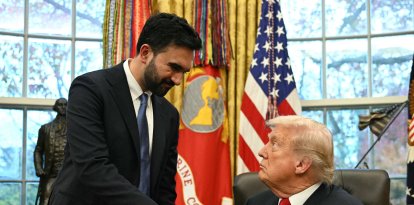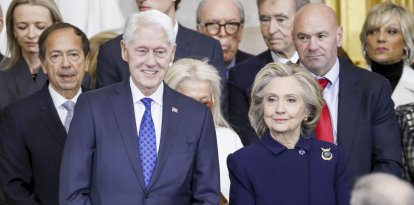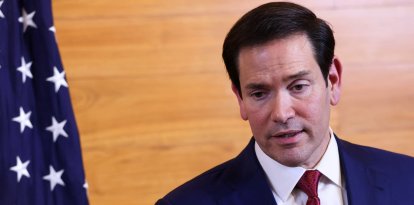US will not impose 'reciprocal' tariffs on countries that lower their tariffs, Treasury secretary says
Washington could suspend reciprocal tariffs planned in April if countries stop practices it considers unfair.
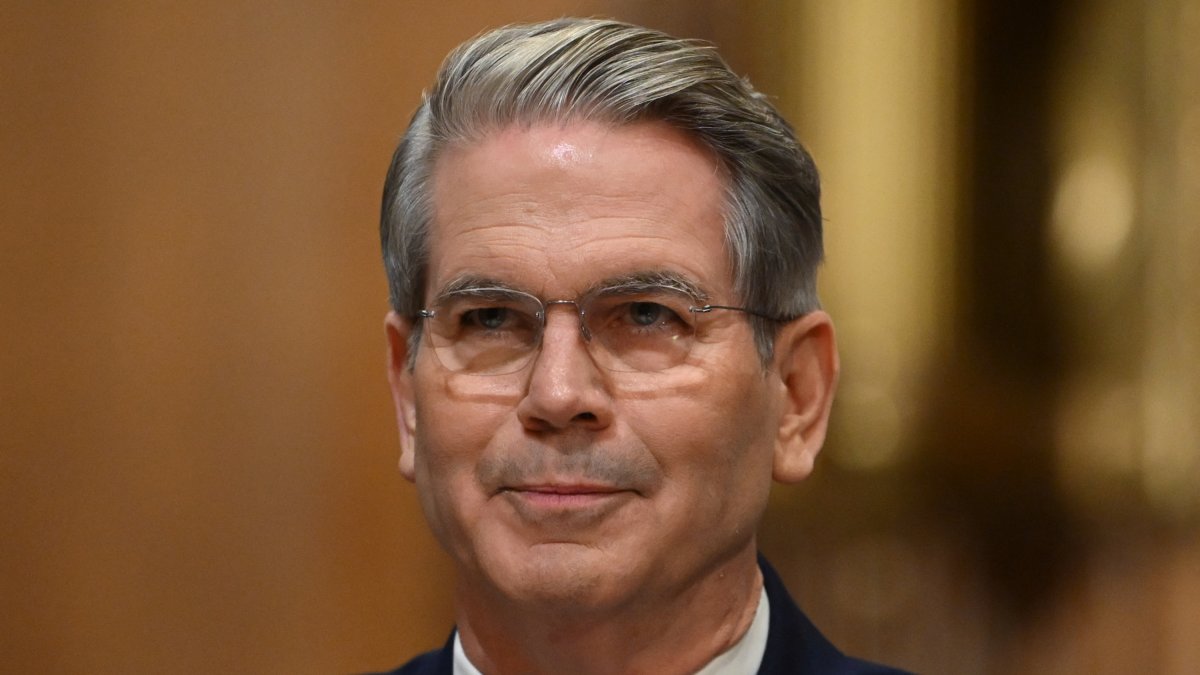
Bessent offered details on the "reciprocal" tariffs.
U.S. Treasury Secretary Scott Bessent said Tuesday that Washington could suspend reciprocal tariffs planned for implementation in April if countries stop practices it considers unfair.
The "reciprocal" tariffs, which take effect in the United States on April 2, will not apply to states that drop extra taxes on U.S. goods and reduce their non-tariff barriers, Bessent said in an interview with Fox News.
The government will publish the list of customs tariffs applied by other countries, the administration official added. "We are going to go to them and say, 'Look, here's where we think the tariff levels are, non-tariff barriers, currency manipulation, unfair funding, labor suppression," he stated.
If they give up these practices, he added, "we will not put up the tariff wall."
In early March, President Donald Trump announced "reciprocal" tariffs starting April 2. This consists of taxing a country's products entering the U.S. at the same level as that state applies to U.S. goods.
Non-tariff barriers can include regulations that effectively close a market to another country's products produced to different standards, as well as other practices such as subsidies that artificially lower the cost of production.
Trump considers them "unfair" and claims that they drain the U.S. economy by skirting the rules of free trade.
During his campaign, he defended the use of tariffs as a means to protect some industries and rebalance U.S. trade, which is largely in deficit.
Since returning to the White House on Jan. 20, 2025, he has used this tool as a means of pressure on countries, particularly Canada and Mexico, which he has accused of not doing enough to combat the trafficking of fentanyl, a synthetic opioid that has caused a serious health crisis in the U.S.
Trump imposed tariffs of 25% on America's neighbors but postponed the implementation on a large portion of Canadian and Mexican products until April 2, the effective date of the "reciprocal" tariffs. For the same reasons, he applied an additional 20% tariff on Chinese products. These tariffs have already gone into effect.
According to Bessent, the tariffs on Chinese products "have already brought substantial revenues" to the public budget.













